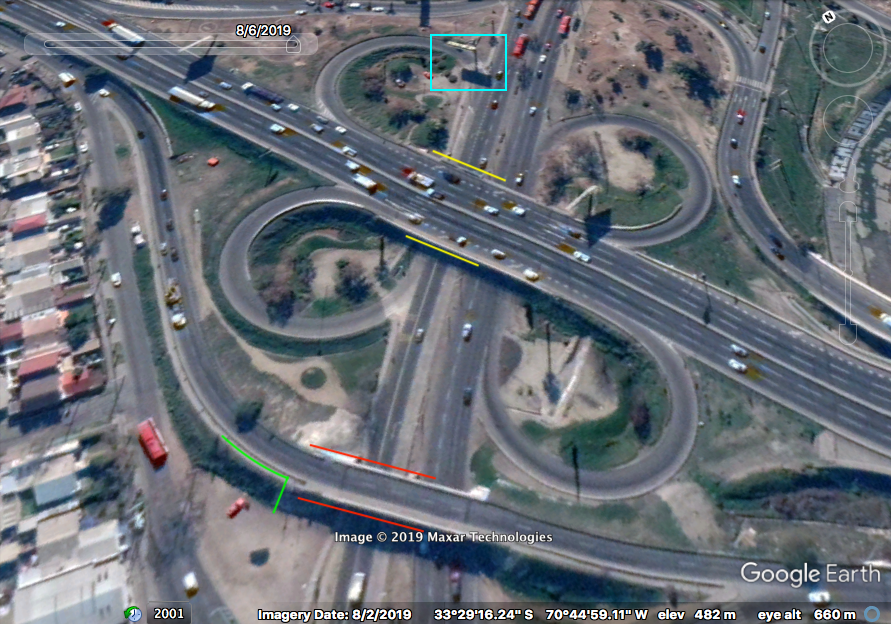cnn.com/2020/01/20/wor…
bbc.com/news/world-asi…
nytimes.com/2019/12/20/cli…
time.com/5767438/climat…
Keep Current with John H Knox
This Thread may be Removed Anytime!
Twitter may remove this content at anytime, convert it as a PDF, save and print for later use!

1) Follow Thread Reader App on Twitter so you can easily mention us!
2) Go to a Twitter thread (series of Tweets by the same owner) and mention us with a keyword "unroll"
@threadreaderapp unroll
You can practice here first or read more on our help page!





